Zucchinis are one of the first plants that gardeners want to learn to grow in their vegetable garden. Of course, everyone knows that these plants are prolific, and fresh zucchini screams summertime, but just because the plants are easy to grow doesn’t mean you can’t make a few of these zucchini growing mistakes.
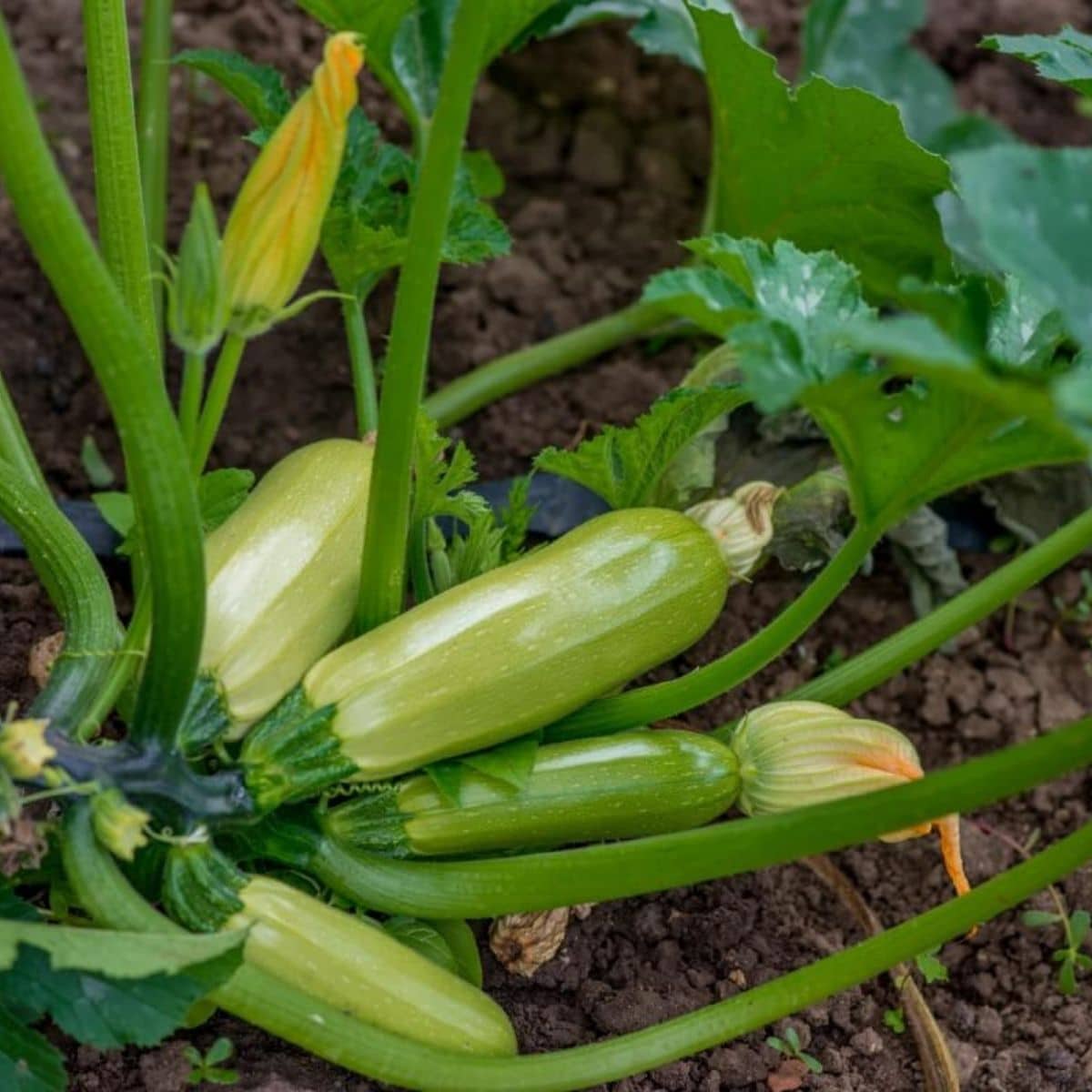
Jump to:
- 15 Zucchini Growing Mistakes
- 1. Planting the Wrong Zucchini Variety
- 2. Picking the Wrong Area to Grow Zucchini
- 3. Not Planting In Rich Soil
- 4. Planting Too Late or Too Early
- 5. Not Providing Adequate Growing Space
- 6. Not Trying Vertical Growing Options
- 7. Forgetting Zucchini Companion Plants
- 8. Watering Zucchini Plants Incorrectly
- 9. Forgetting to Feed Your Zucchini Plants
- 10. Not Accounting for Pollination
- 11. Not Worrying about Pests and Diseases
- 12. Not Taking Advantages of Blossoms and Leaves
- 13. Harvesting Zucchini Too Late
- 14. Failing to Preserve Zucchini
- 15. Not Saving Zucchini Seeds
Anyone can make a mistake when growing zucchinis. I did last year, and I’ve grown them for years, but we moved to a new house, and I started a brand new garden. Unfortunately, I didn’t provide my plants with enough nutrients, and they never grew or blossomed the way they should.
This year, I made active steps to change what I did wrong last year. As a result, I’m expecting much better harvests; gardening is always a learning experience.
If you want to grow zucchinis, make sure you don’t make any of these zucchini growing mistakes.
15 Zucchini Growing Mistakes
1. Planting the Wrong Zucchini Variety
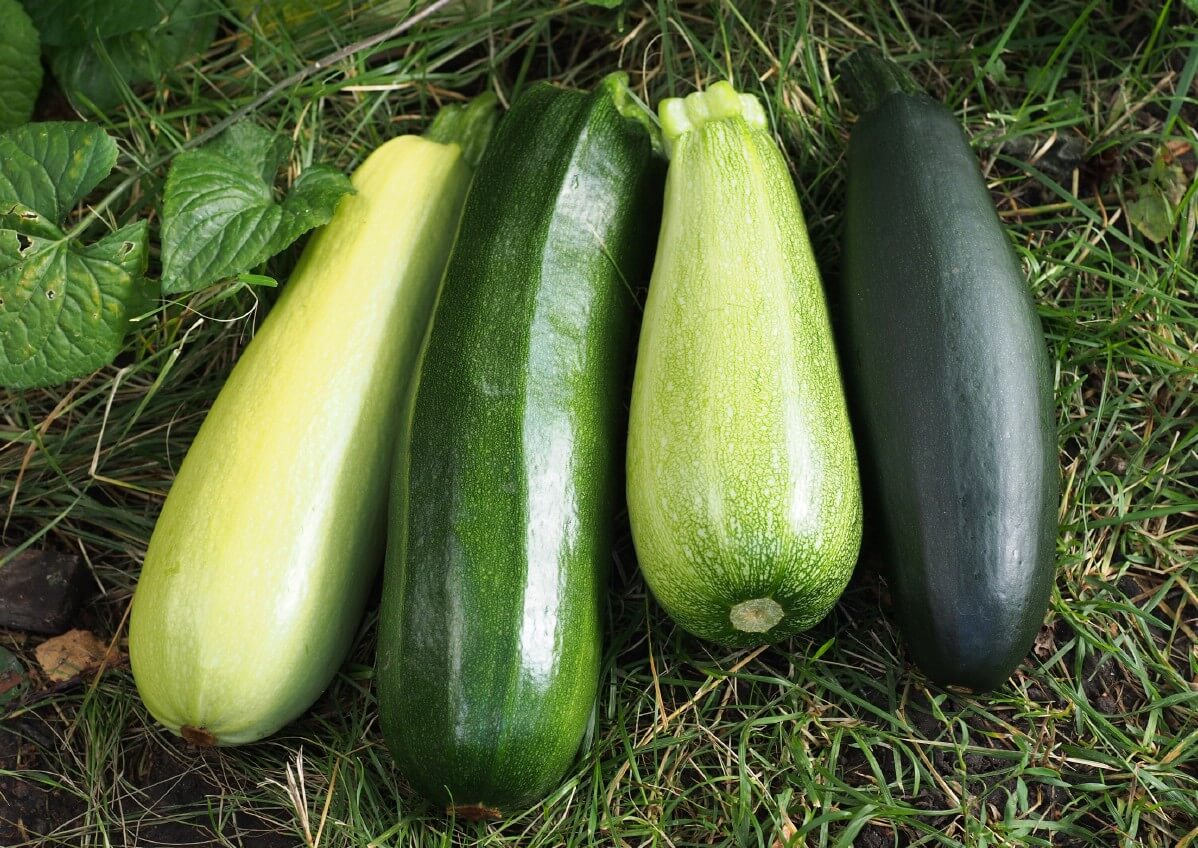
Like many other garden plants, you’ll find dozens of different zucchini varieties to grow, but that doesn’t mean all of the types are best for you. You have to consider your growing area, your microclimate, and the space you have available.
In general, zucchinis take less time to grow than other types of squash, but you should also compare the days to maturity with your growing season. If you have a short growing season, picking varieties that take longer to reach maturity won’t work.
Also, if you live in an area with a colder climate, growing zucchini in a polytunnel or greenhouse might give you the best results. In this case, you need to pick varieties that handle cooler temperatures.
Another factor to consider is how much growing space you have. Zucchini plants are large, but some varieties aren’t as large and better for compact growth. Consider how much space you have and if you need some with shorter vines.
2. Picking the Wrong Area to Grow Zucchini
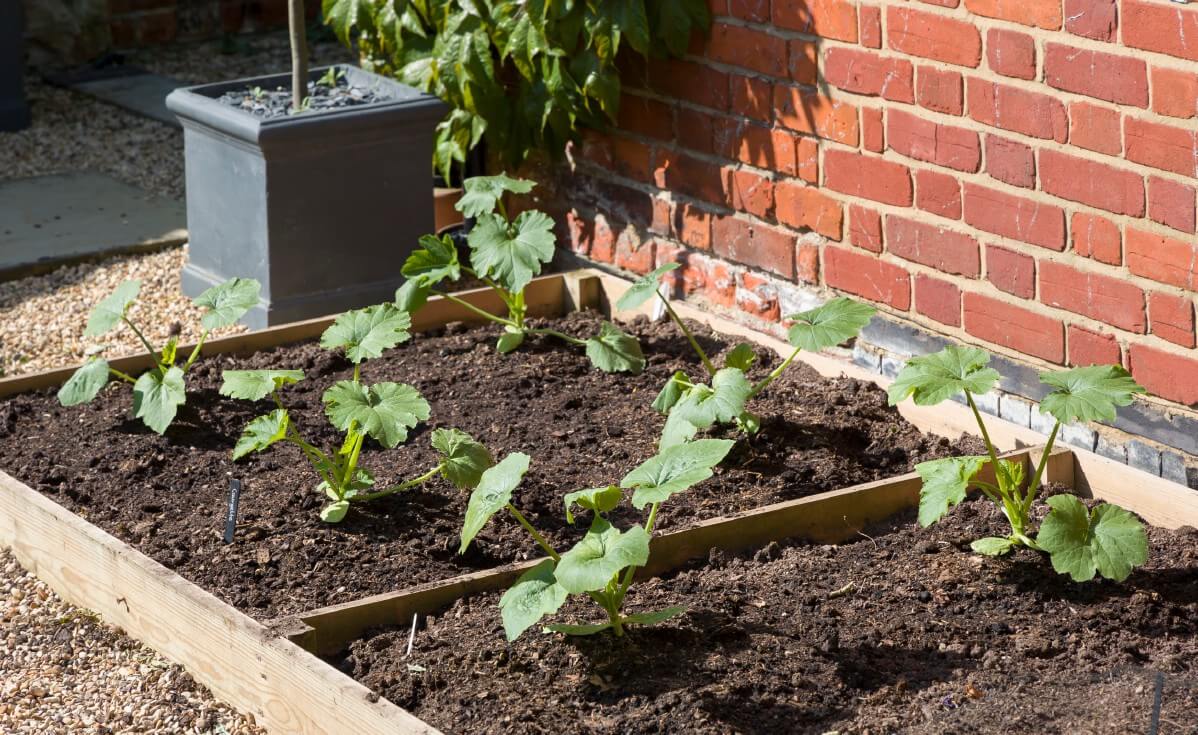
Like many other plants, zucchini have particular needs when it comes to where they want to grow. These plants need plenty of sunlight, so make sure you pick an area that receives six to eight hours of sunlight per day.
You also want to make sure you pick a well-draining area for your zucchini plants; standing water becomes a severe plant problem. Your plants will become vulnerable to issues like root rot.
3. Not Planting In Rich Soil
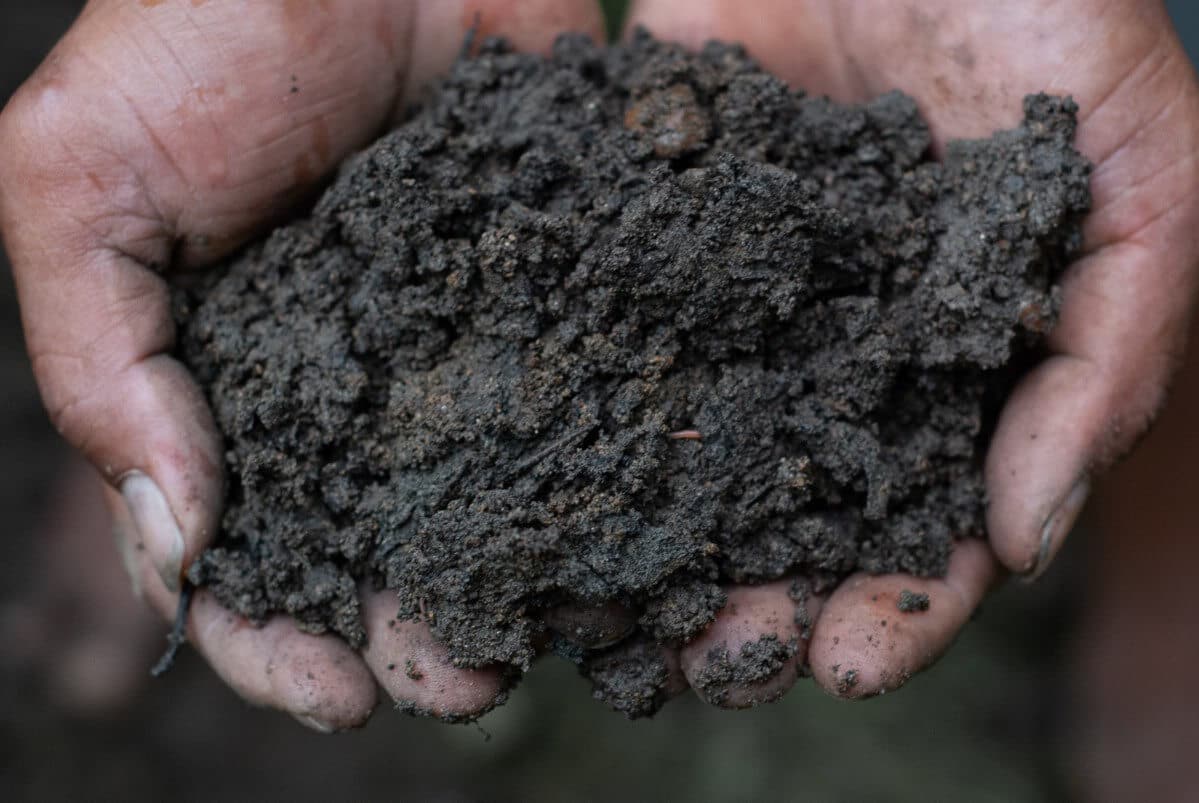
Not understanding that zucchinis are hungry plants is another one of the common zucchini growing mistakes. Zucchinis need a lot of fertile soil and nutrients to produce their fruits throughout the growing season.
When gardeners don’t understand this, they tend to plant in unprepared soil, and then they’re disappointed by the lackluster harvest that comes from their zucchini plants.
Some gardeners have significant success using lasagna gardens or Back to Eden gardens when growing zucchini. However, no matter the type of garden you have, ensuring it’s full of fertile, organic matter is a must. Make sure to add compost to your garden beds before planting zucchini.
4. Planting Too Late or Too Early
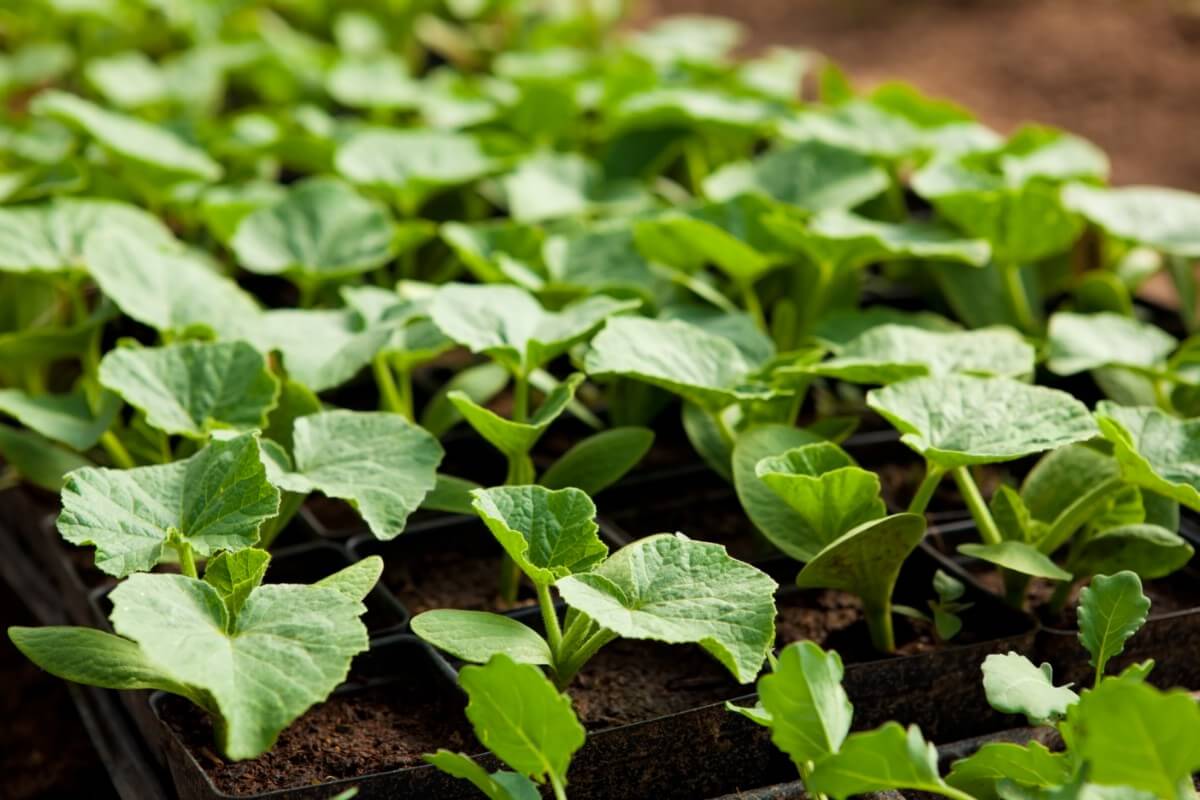
Knowing the right time to sow your zucchini plants requires understanding the needs of your plants and your growing season. Sowing or transplanting zucchinis too early might cause the plants to face damage from the frost or snow.
You might assume that it’s better to sow your seeds or transplant seedlings later in the growing season. That’s wrong too!
When you sow your plants too late, it means that they might not have enough growing time in your season to reach maturity and fruiting. You don’t want to wait all that time and end up with no zucchini to show for it.
Understanding the best time to sow your zucchini is essential. In some climates, it’s best to start the seeds indoors before transplanting outside; this is vital for those with a shorter growing season.
5. Not Providing Adequate Growing Space
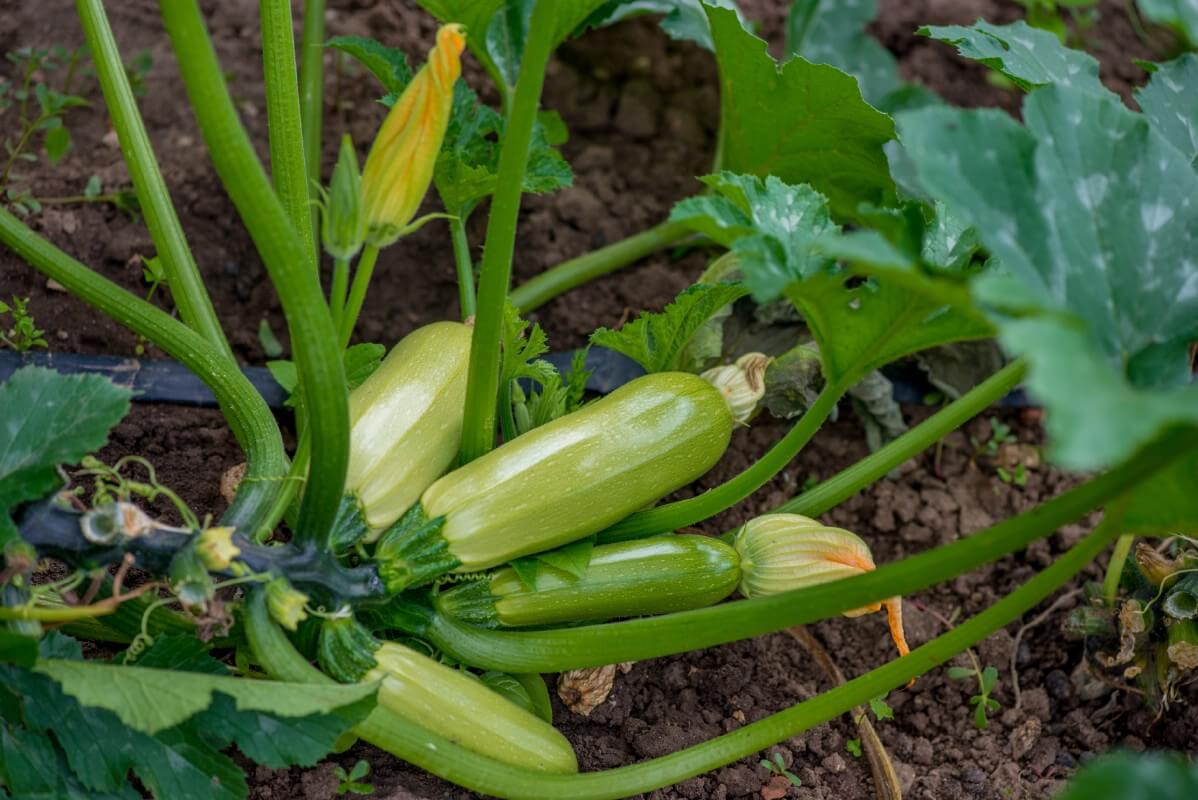
Have you ever seen a mature zucchini plant? Few are small. These plants spread across garden beds, taking up the entire space. Their growth pattern leads to our next zucchini growing mistake.
Putting the plants too close together.
Not only are zucchini large plants that need ample growing space, but they require a lot of nutrients, as we discussed before. Since they are so hungry, if you space the plants too close together, they’ll suck up all the nutrients, leading to small plants. As a result, they won’t have enough nutrients available for all of them to see the growth you desire.
Ideally, it’s best to plant them 36 inches apart when planting zucchini, but make sure that you read the packets before planting. Some varieties need more space, while others are smaller and need less space. Always follow the recommended spacing.
6. Not Trying Vertical Growing Options
Gardeners often forget that they can reduce how much space a plant requires by using vertical gardening techniques. If you don’t have a large garden, not trying vertical gardening methods with your plants is one of the big zucchini growing mistakes.
When you have a huge garden, a few zucchini plants that sprawl everywhere makes no difference, but if you only have a small backyard in the middle of the city, that sprawling is a big deal.
Many people have no idea that zucchini plants easily grow vertically with the proper plant supports and trellis to stop their trailing growth pattern. People even grow zucchini over arches with adequate support, using slings to prevent the fruits from breaking the vines!
7. Forgetting Zucchini Companion Plants
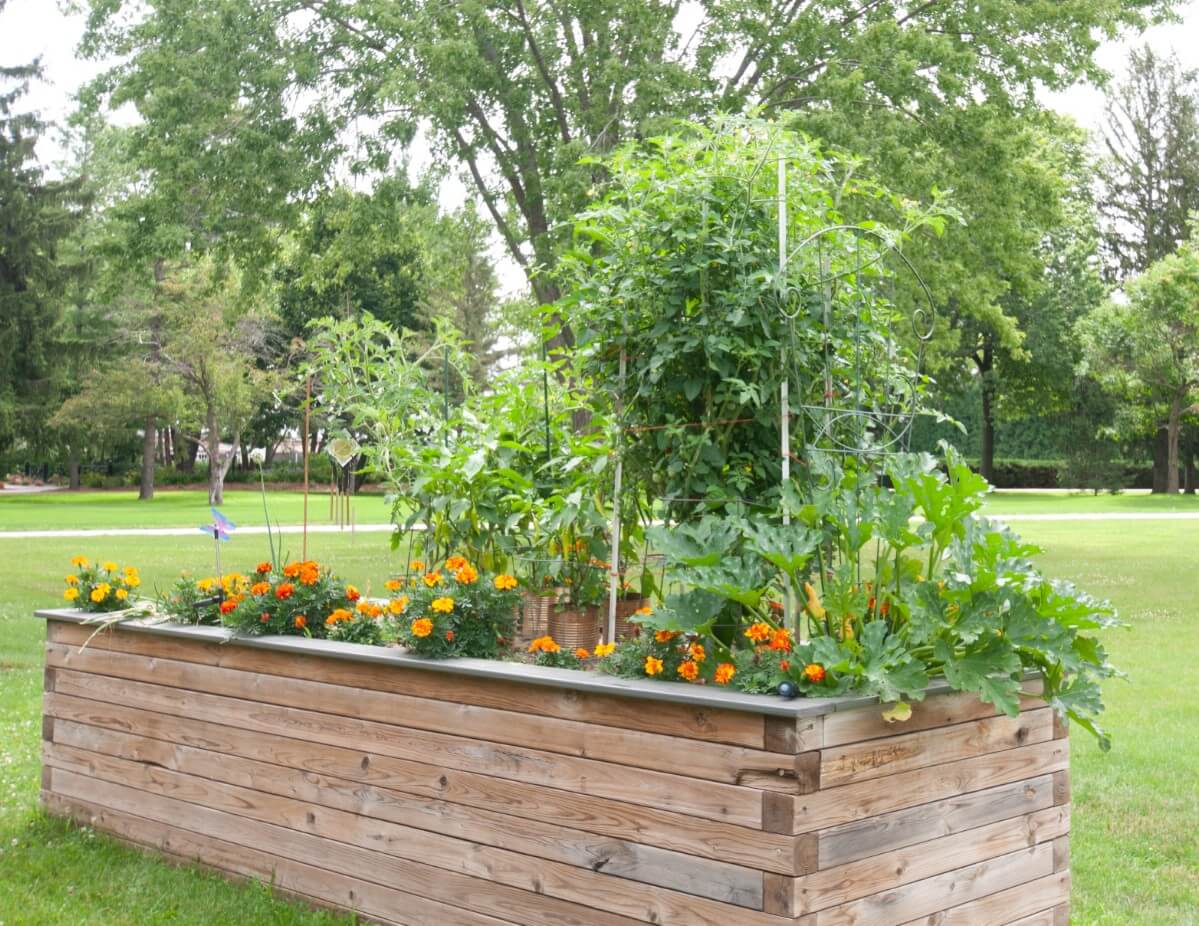
While you might not take advantage of companion plants in your first year or two of gardening, learning the benefits of these plants help your entire garden, improving and maintaining the soil. Growing zucchini in a mono-crop garden is one of the zucchini growing mistakes you don’t want to make.
One of the most common ways to grow zucchini is by pairing them with corn and beans; these are called the three sisters. We know that the Native Americans grew squash, corn, and beans together because the squash shades the soil, reducing moisture loss, while corn supports the growth of the beans, and the beans add nitrogen to the soil that corn and squash need.
That’s just one option for your zucchini companion plants. Try planting your zucchini with:
Peas
Tomatoes
Radishes
Nasturtiums
Borage
8. Watering Zucchini Plants Incorrectly
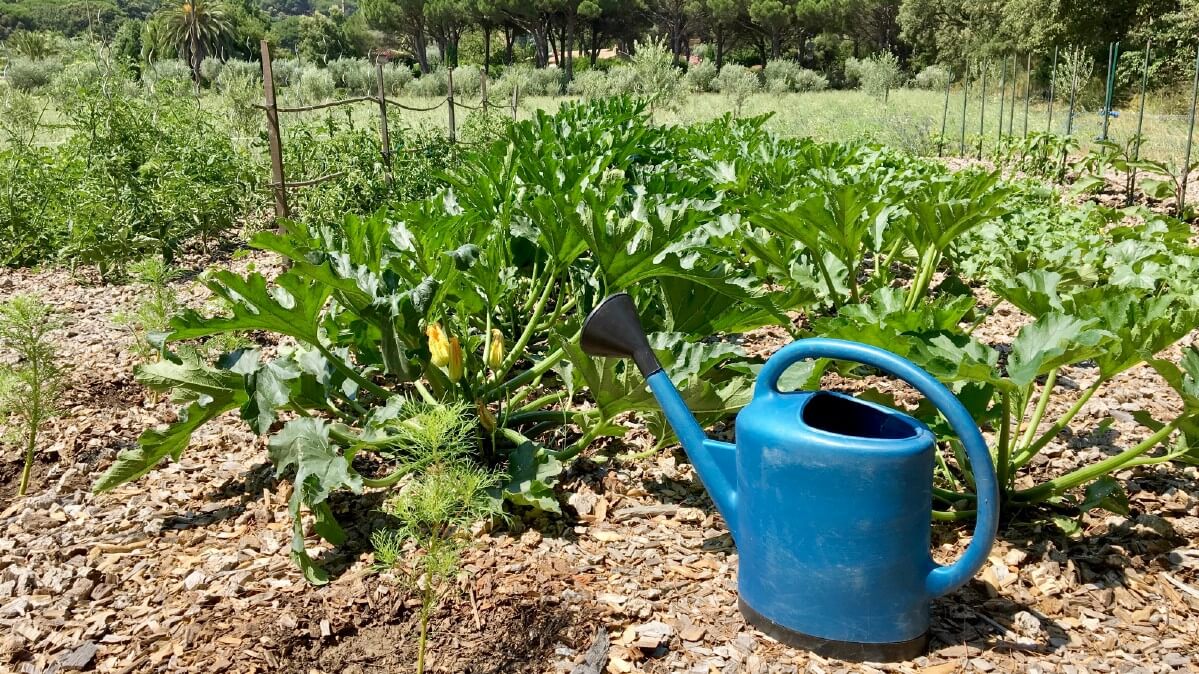
So, we know that not giving your plants enough nutrients is one of the worse zucchini growing mistakes, but these plants aren’t just hungry; they’re thirsty as well. Not watering properly causes a lot of problems.
The first problem is that you might not water your plants enough. Zucchini plants wilt quickly, but when they receive water, they bounce back fast.
Watering too much is also a problem that you should know about. If too much water gathers around the base of your plant, it can cause rotting problems. That’s why many people plant their zucchini in mounds, causing the water to run away from the crown.
Incorrect watering techniques also lead to disease problems like powdery mildew. This fungal disease is prevalent in zucchini plants, so make sure you water at the base of your plants to stop soil-borne diseases from splashing onto your plants’ leaves.
You should also add an organic mulch around the base of your plants to prevent the soil from splashing onto the leaves.
9. Forgetting to Feed Your Zucchini Plants
You started strong by adding compost and all the nutrients your plants needed to get off strong in your garden. But, that’s just the first step to the proper growth of your zucchini plants.
If you forget to feed your zucchini plants throughout the growing season, your yields won’t be as impressive as they should be because the nutrients will be gone. All of the nutrients are gone after the plants initially suck up everything from the compost.
You can feed your zucchini plants in a few ways.
One way is to add an organic mulch around your plants that will decompose and add nutrients back into your soil. Another option is to use liquid fertilizers that add nutrients to the ground immediately vs. granular ones that take time for the nutrients to be released.
10. Not Accounting for Pollination
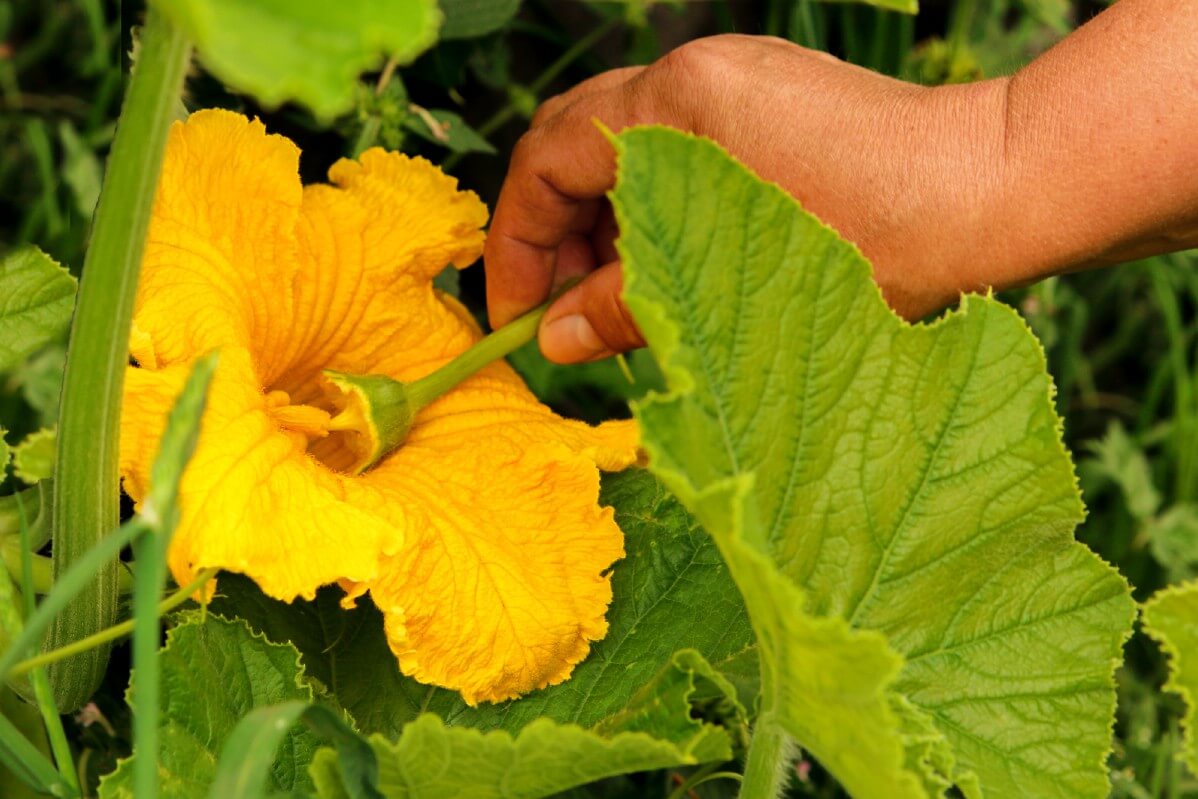
Without pollination, your plants won’t grow and produce fruits. It’s easy to forget the vital part of the puzzle that pollination plays, but you’ll quickly notice it lacks when none of your female blossoms develop and turn into zucchinis.
Start by watching to see if you notice any pollinators in your garden. If you don’t, you’ll have to pollinate by hand, which isn’t as hard as you might think.
Find the male flowers and use a cotton swab to rub the inside of the blossom gently. Then, find a female flower and rub the cotton swab inside of it, transferring the pollen.
11. Not Worrying about Pests and Diseases
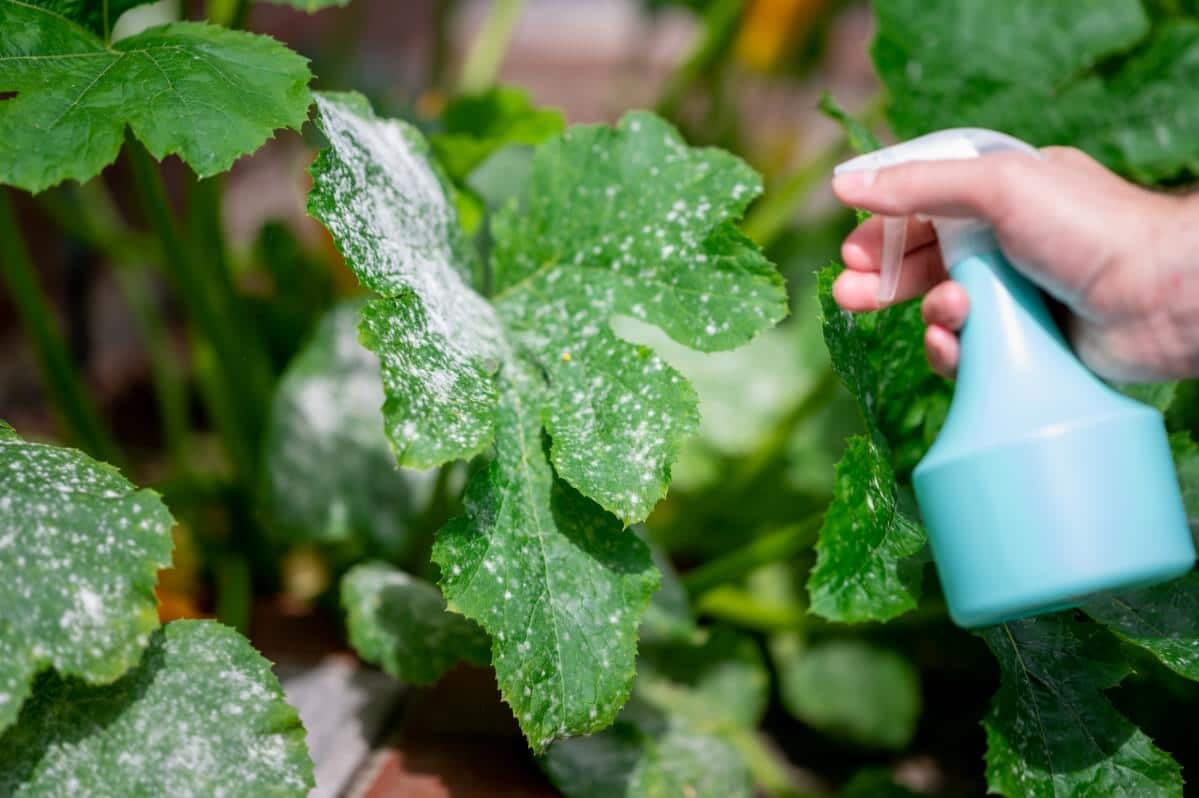
Zucchini plants are vulnerable to different pests and diseases, and failing to worry or pay attention to those is one of the biggest zucchini growing mistakes. Instead, you should frequently check your plants for signs of problems. Catching pests and diseases early makes it much easier to treat the issue.
Zucchini plants are vulnerable to fungal diseases like powdery mildew, and you might find bacterial wilt in some gardens. In addition, you might discover pests like cucumber beetles, squash vine borers, and squash bugs in your garden.
12. Not Taking Advantages of Blossoms and Leaves
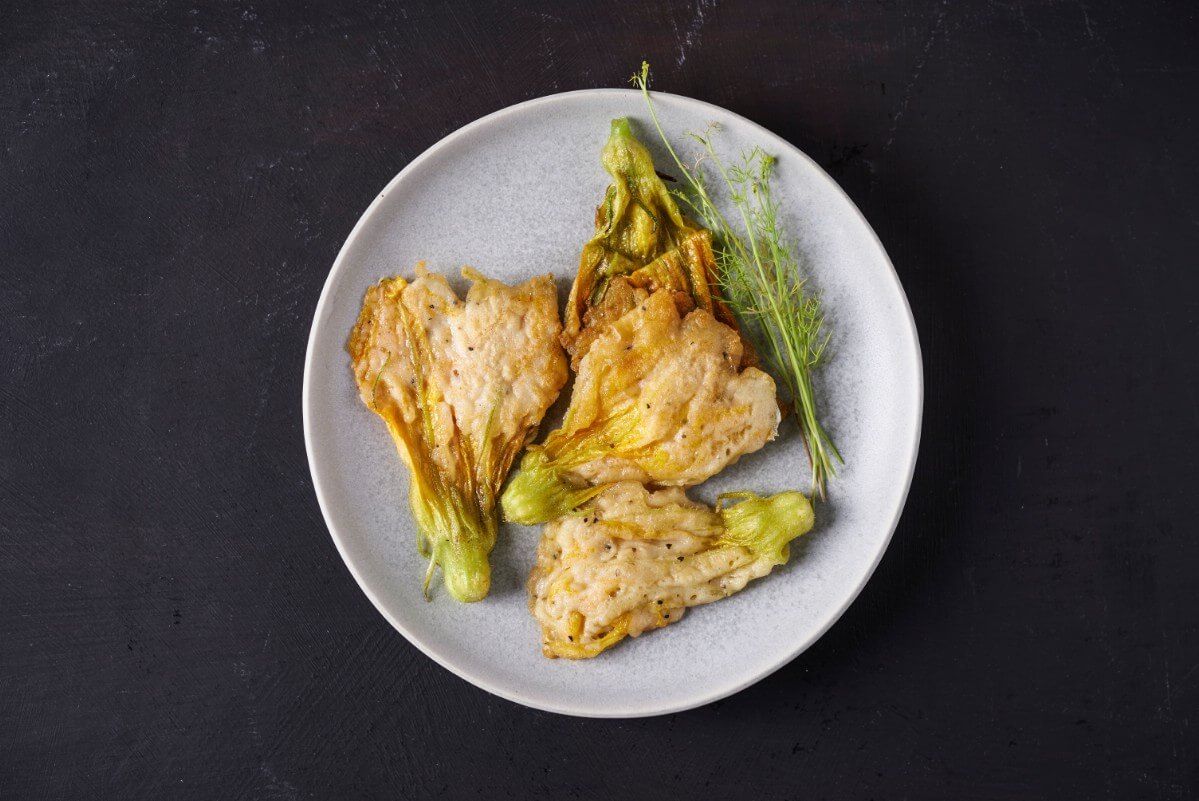
I bet you never considered taking advantage of the leaves and blossoms of the zucchini plant, but in different parts of the world, zucchini leaves are regularly cooked and enjoyed. These greens are tasty like the fruits!
Let’s not forget about the blossoms - deep-fried zucchini blossoms, anyone?
That’s right! Zucchini flowers are edible as well. Once the male flowers pollinated the female flowers, their job is done, and they’re not needed on the plant anymore. At that point, you can harvest and eat them. Some like to stuff the flowers, while others pan fry zucchini blossoms.
You can find tons of recipes, so take advantage of this secondary harvest.
13. Harvesting Zucchini Too Late
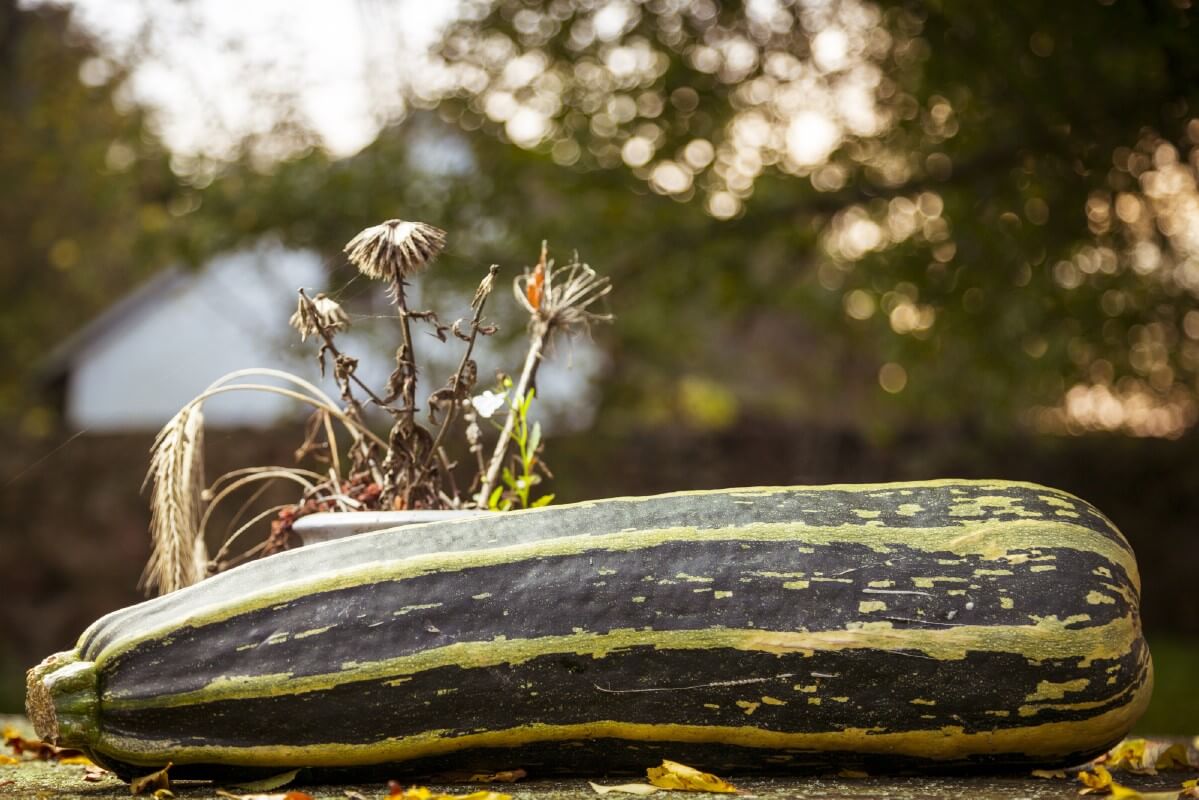
Summer squash plants are known for being prolific, and when the fruits start to set, you feel like you have so many that you cannot keep up. That’s when you end up harvesting zucchini too late.
You might be tempted to let them grow longer on the plant, assuming that larger is better, but that’s not the case with zucchinis. Instead, picking the fruits when they’re small and tender is best for flavor and texture.
Large zucchinis have larger seeds that don’t taste too good when you try to eat them, and they lose a lot of their flavor. Also, many become tough when they’re larger.
If you notice that your zucchinis taste bland and watery, chances are you’re harvesting the fruits way too late.
You might worry that picking them early will damage how much you get from the plant, but it won’t, and your family will more enjoy the fruits. The plants tend to keep producing when you harvest them small.
14. Failing to Preserve Zucchini
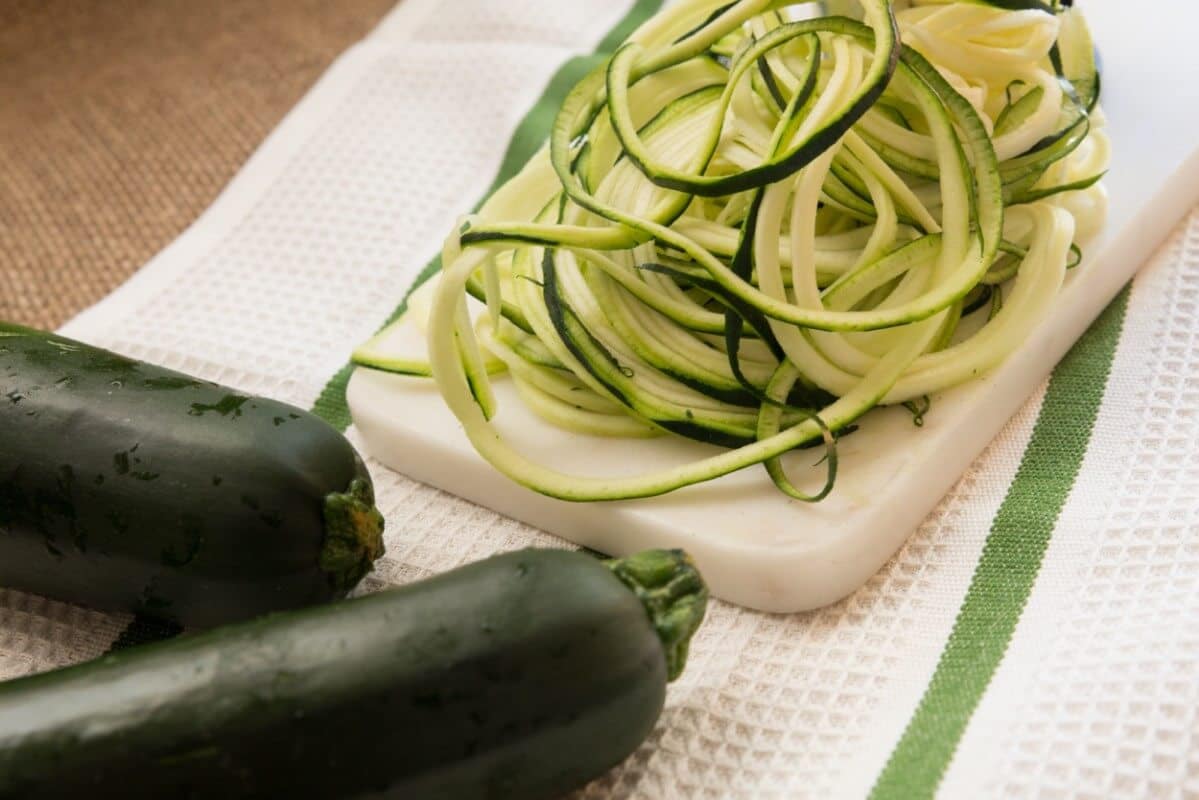
Everyone jokes that they’re going to leave zucchini on their neighbor’s porch because they end up with so many available, but you’re making a giant zucchini growing mistake! You might not be able to eat them all fresh, but preserving zucchini should be a goal for you.
Despite what people think, there are multiple ways to preserve zucchini. Here are a few of my favorite.
- Freeze shredded zucchini
- Can cabbage and zucchini sauerkraut
- Make zucchini salad
- Can zucchini pickles and relish
- Dehydrate zucchini into chips
- These are just a few ideas!
15. Not Saving Zucchini Seeds
If you don’t save your zucchini seeds, you’re wasting money and not taking advantage of all your healthy plants have to offer.
Gardeners should save zucchini seeds that come from heirloom plants. Saving seeds has several benefits, starting with that you don’t have to buy the seeds next year.
Also, saving seeds creates vigorous plants that handle growing in your climate well. They resist the diseases and pests in your region better, and after a few years of growing and saving seeds, you’ll have plants that thrive in your garden.
Grow Zucchini This Year
When grown properly, zucchinis are a beloved plant that will produce dozens of fruits to enjoy throughout the summer. So don’t make any of these zucchini growing mistakes, and you can be sure that your plants will thrive throughout the summer.

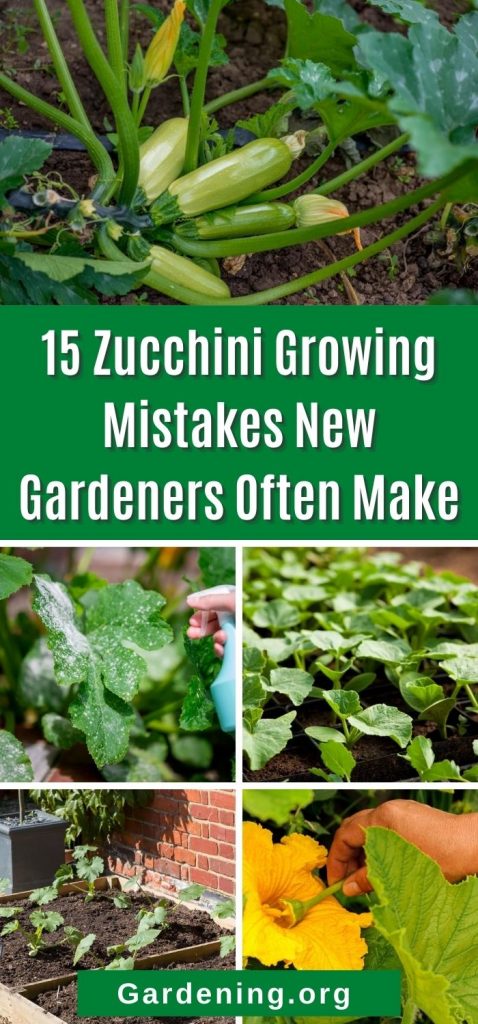
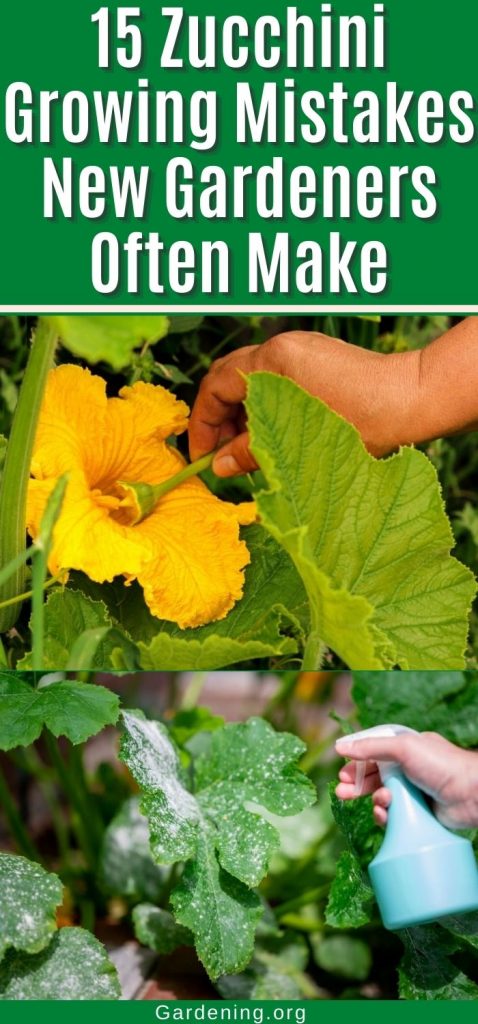
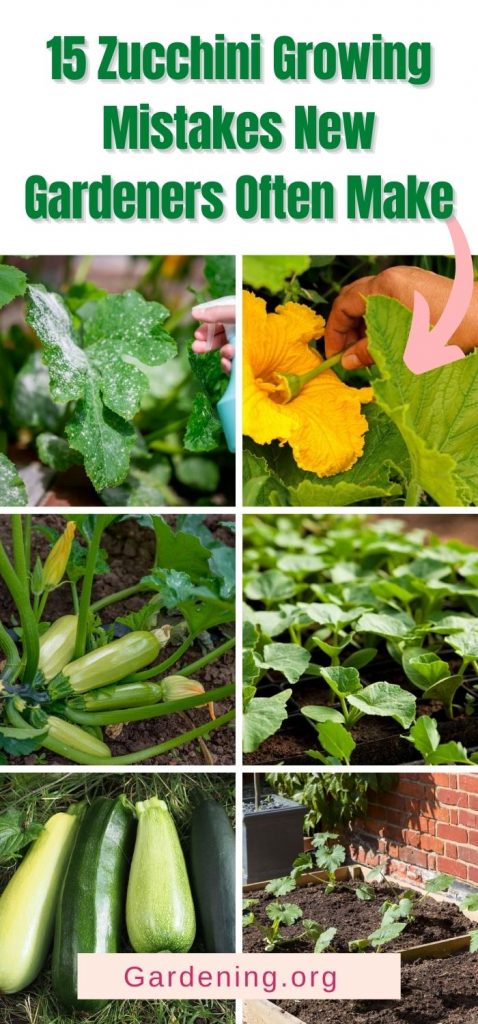
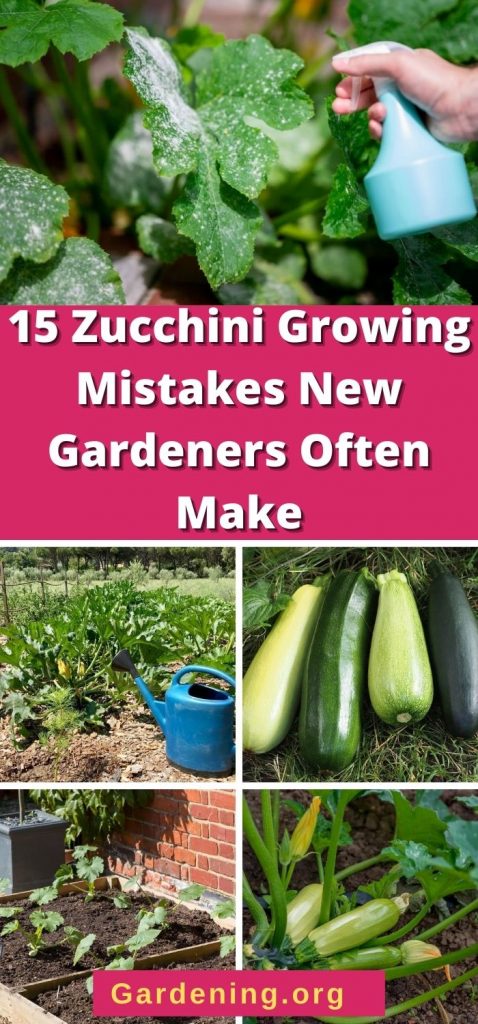


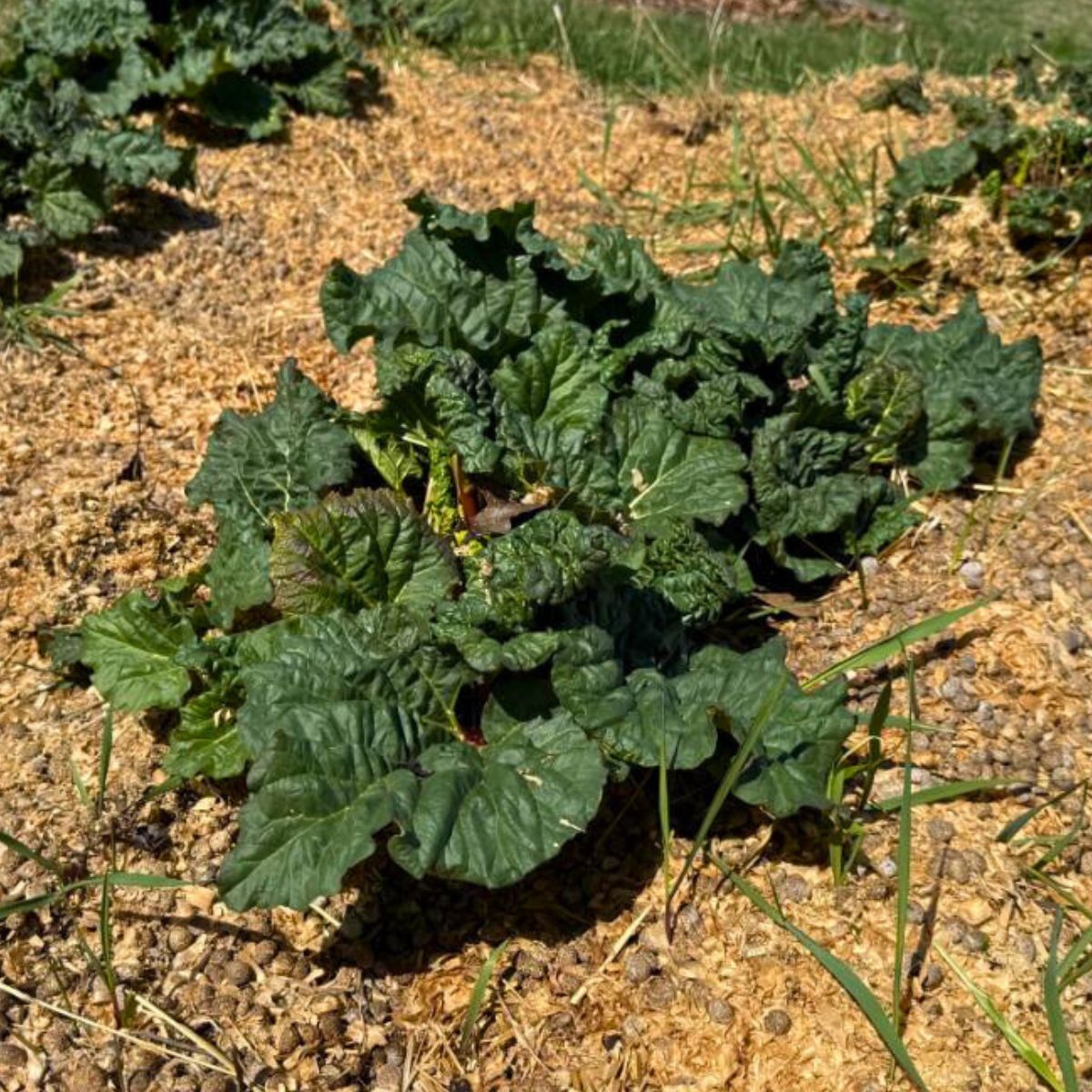
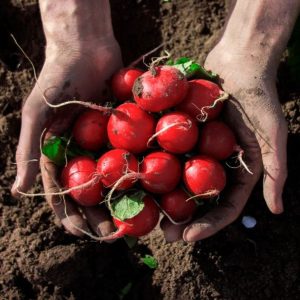
Angela
How do I tell between male and female flowers?
Laura
They will look different on the inside. Male flowers will have stamen, the tip of which holds the pollen. Female flowers have a different type of tube called pistil, with a stigma (the sticky tip) for receiving pollen. Also, the female flower will have a tiny baby fruit behind it, which will not grow unless pollinated. If you don't have tons of reliable pollinators in your yard, it's probably better to manually pollinate your zucchini and squash flowers.
Deborah Mayer
My zucchini leaves are getting a powdery spots on them what do I do
Mary Ward
You may be getting some powdery mildew, which is common on squash plants, especially if you live in an area with high humidity or you have had a lot of rain recently. It is a fungal disease. If it is just starting, try one of the following treatments. If the plant is heavily affected, remove badly infected leaves and throw them away or burn them (don't compost them as the spores can live in the compost).Then treat the remaining leaves and stems. Some good options are a baking soda spray (mix one teaspoon baking soda in one quart of water), spraying with Neem oil (do this every 7 to 14 days to help keep it under control), or a spray made of diluted milk (1/2 cup milk diluted in 5 cups of water). Good luck!
Dr Lorna
The female flowers are attached to a very mini zucchini that's only an inch or two long The males are not. When pollinated, the tiny squash grows into a real zucchini. If not, it just rots.
Betty
The center part of the female flower has four nodules. The male flower has only one.
John
I'm growing acorn squash for the first time this year with mixed results. You talked about prolific plans well that's what I have but I only have four acorn squashes growing presently they are beautiful though. I'm going to try a zucchini next year since the payoff is more immediate. Thanks for the tips.
Dr Lorna
Winter squashes, like acorn and pumpkin, tend to have a lot of vine and few fruits. The payoff is more about the months of storage than about high vield. Acorn squash can be grown vertically, though, and thus take up little garden space. I have found that each plant only provided me with maybe two squash. More feeding, watering, and fewer temperature extremes likely could have improved that slightly, as well as their size, but not by much.
Jilda
How do you differentiate between male and female zuchinni flowers ?
Eulie
The male blossom is on a "longer stem", that raises it higher in the foliage to attract pollinators. The female blossom is nestled close to the center of the plant for protection and is attached to a small fruit. If the blossom is fertilized, it grows; if not, it yellows, withers and eventually falls off.
Wlda
How to trim zucchini plant?
Jan
Hi, is there any coming back from a stressed zuchinni plant and also what happens if I prune stalks above females?
Mary Ward
If you leave enough lower leaves to feed the plant it should be okay, but of course there is some risk. On the other hand if you are pruning damaged or dying leaves, you're reducing the stress on the plant. But it is still important to leave leaves to feed the plant.
Whether or not a stressed plant comes back, only time will tell but it is definitely worth trying and I have done it successfully more than once. Take extra measures to keep pest pressure down as the stressed plant is already trying to overcome a lot.
Chris
? My black jack variety are fruiting nicely, the plant looks healthy but the fruit is bright green not dark green, what missing nutrients may cause this?
Mary Ward
Hi Chris. If the plant is otherwise healthy and producing well, it's a bit tough to say without a soil test. Two top reasons might be if the plant isn't getting enough sunlight (6 to 8 hours direct light) or if they are getting too much water, either from watering or from Mother Nature. Pale fruit can also be the result of poor pollination. How is the bee activity in your garden? pH is also a possible factor. Get a cheap pH test kit and shoot for a range of 6.0 to 6.8. One other possibility is that your squash may not be Black Jack variety--it is possible the seed was improperly labeled or packaged. It does happen sometimes. If you saved the seed yourself, the seed you grew it from might have cross-pollinated. WHat you're describing doesn't necessarily sound like a problem or a loss (as in, inedible fruit), just not what you planned for.
Diane Mathews
Great article! I get the squash bugs every year on my zucchini. Do you have a good product in getting rid of them or at least keeping them under control?
Mary Ward
There are a few things you can do. I've had good luck with spraying Neem oil. Diatomaceous Earth powder has also worked. There is an Organic insect spray Called Captain Jack's Deadbug Brew that's done well for me, too. You can also try a small hand vac to vacuum off the bugs and then kill/dispose of them. I often crush eggs with my fingernails and you can also use masking tape or painters tape backwards to pull them off. It's really hard to get every last one, but one of those products applied every week or two will usually keep them low enough that the plants can survive them and/or grow enough to stay ahead of them. But they are a menace!!
Mary
Every zuchinni plant wants to go in one direction! Can you determine BEFOREHAND where it's going to go? North or South? East or West? Will they crawl to a water source? Maybe to the shade?
Mary Ward
Nothing that I'm aware of. I wonder if they follow the sun, though thinking of my own garden, I don't think so. It seems they do what they want!
Mary Saunders
My zucchini leaves are curling up? Rain last night seemed to make them worse? What's a solution?
Mary Ward
Difficult to say. There are several causes of leaf curl in zucchini plants. I wonder about overwatering, if you've had a lot of rain, but some of the more common causes are insects, especially aphids, and mildew/fungal type disease. I would treat them with Neem oil spray according to label instructions. Nee oil is organic and it is a natural insecticide and also a natural anti-fungal. So it should help for the most likely offenders. If you're getting rain often, you may need to reapply sooner than the label instructions. Also, if you have blossoms on the plant do know that neem oil is pretty safe for pollinators once it's dry, but it can kill them if you spray bees directly. So if they're in blossom it's best to treat them early or late in the day. Good luck!
Dan R Pitsch
I think your suggestion on seed saving needs to come with a caution statement. If other types of squash plants are grown in the vicinity of the zucchini, your seeds may not be worth saving due to the high potential of cross pollination.
Mary Ward
Depending on the other types you are growing, yes. Before you save seeds of any kid you need to know if they cross-pollinate and take steps to control pollination, isolate the blossom and its fruit, and know that you are saving from a squash that has not been allowed to cross pollinate.